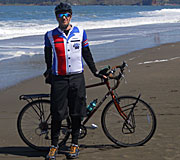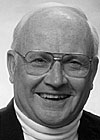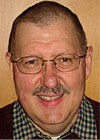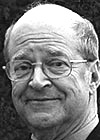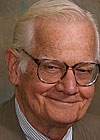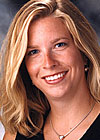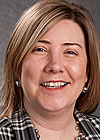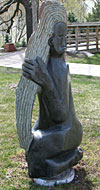In conjunction with Forbes.com’s third annual “America’s Best Colleges” report, the Center for College Affordability and Productivity (CCAP) provides additional rankings beyond the magazine’s list of the nation’s best 610 undergraduate institutions.
In its recently released 2010 study, in which Lawrence University was ranked 50th nationally, Forbes and the CCAP also ranked Lawrence favorably in two other categories.
Using the Carnegie classification “Baccalaureate Colleges – Arts and Sciences,” which is regarded by Forbes as the nation’s best liberal arts colleges, Lawrence was ranked 29th among 196 schools, placing above such peer institutions as Bates (31), Macalester (32), Grinnell (48), Connecticut (53) and St. Olaf (70) colleges.
In its listing based on regional location, the study ranked Lawrence seventh among 150 institutions in the Midwest, ahead of peer schools Macalester (8), Oberlin (11), Grinnell (17) and St. Olaf (22) colleges.
Based in Washington, D.C., the CCAP is an independent, not-for-profit research center dedicated to facilitating a broader dialogue on the issues and problems facing the institutes of higher education in the United States.
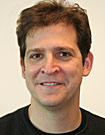
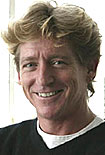
 Native American students from as far away as Plantation, Fla., and Battle Ground, Wash., representing 24 states and 38 tribes, will participate in an “academic crash course” designed to assist them in the college search process.
Native American students from as far away as Plantation, Fla., and Battle Ground, Wash., representing 24 states and 38 tribes, will participate in an “academic crash course” designed to assist them in the college search process.